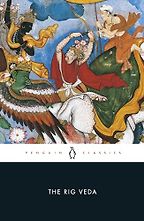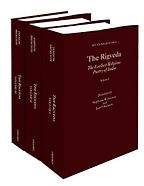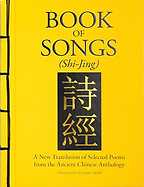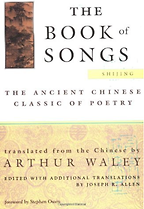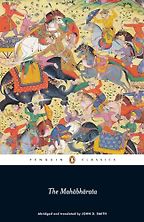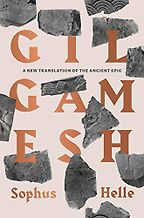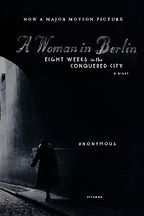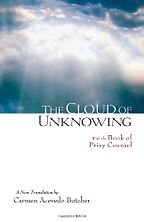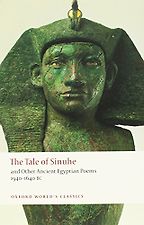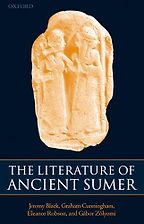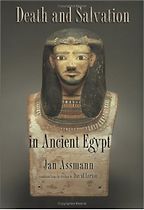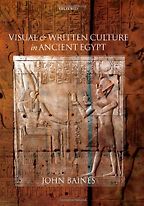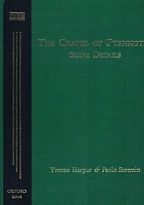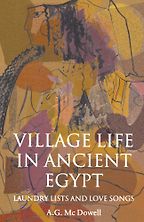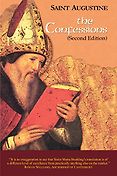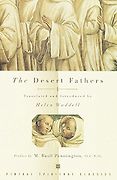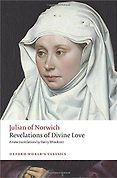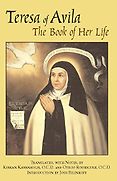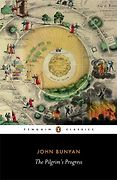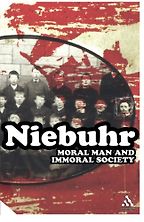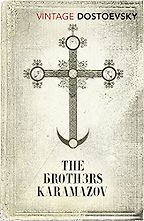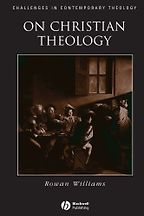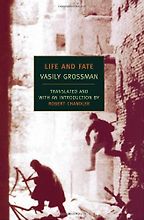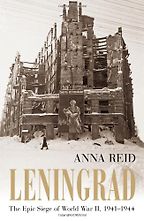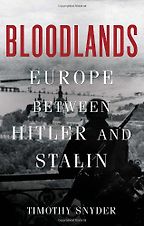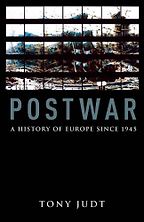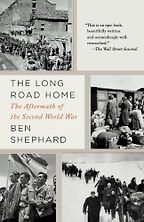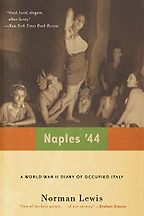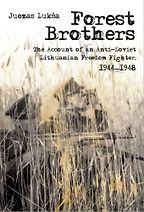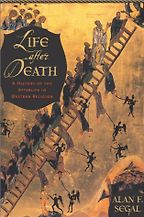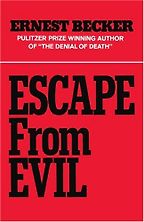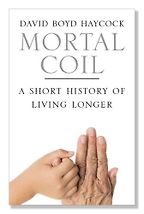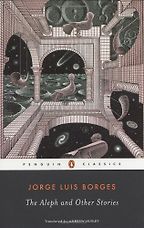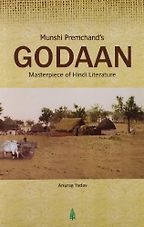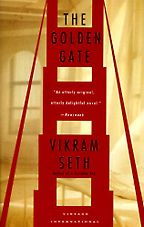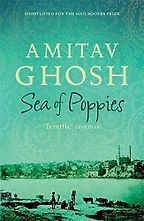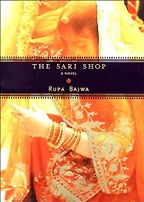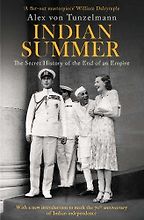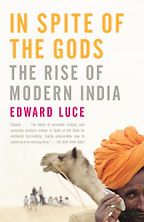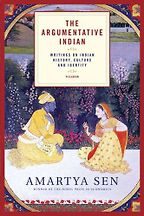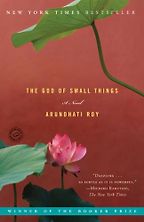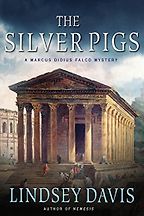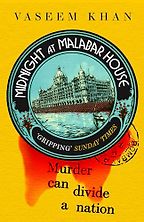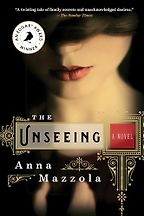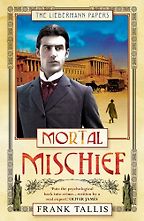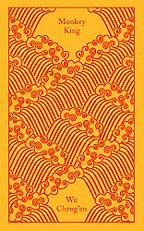Books by Anonymous
“The story is about an upwardly mobile and corrupt merchant called Ximen Qing, his household and his various affairs. Everything goes his way for a while. However, his pursuit of sexual, financial and political gratification becomes increasingly depraved, and readers sense that retribution is inevitable as he fails to curb excess or take any moral responsibility.” Read more...
Five East Asian Classic Books Worth Reading
Tuva Kahrs, Five Books Editor
“Celebrated Cases of Judge Dee was written by an anonymous author in the 17th or 18th century… The detective is based on Di Renjie (630-700), who is known to have solved many puzzling cases in real life. In this fictionalised novel, he is magistrate in a district of Shandong province, meaning that he was the detective, prosecutor and judge for the district town and surrounding areas.” Read more...
Tuva Kahrs, Five Books Editor
“It’s a story about a very, very long war that’s fought between the Kauravas and the Pandavas, cousins all, over a kingdom that was divided into two equal parts and given to the two groups…it starts off as a war about justice because the Pandavs are trying to get their kingdom, which was wrongfully taken from them in this game of dice, back. Then, as things go on, there is no good side and no bad side, because to win this very long and sad war, everybody compromises their morals, their humanity – everybody cheats. As the number of the dead mount, the pain and the anger, and then the thirst for revenge, grow…In the end, there is just one thing, and that is the need to win — which destroys pretty much everything. I find it eternally relevant, this idea of the fragility of morality.” Read more...
Radhika Jha, Novelist
“Gilgamesh is a hero in the ancient mould. He’s half-god, enormously strong, a bit randy, a bit dim, and he goes through adventures which embody the human experience writ large. He starts off as the king of a small kingdom, making a nuisance of himself – enforcing droit du seigneur, sleeping with women on their marriage night, pushing other men around, being a bit of an arse. So the gods make a rival to him in strength, a wild man. They fight, realise neither can win, then become best friends and go off on all sorts of adventures. They kill all sorts of ogres and beasts, until the gods think this is getting a bit much and decide Gilgamesh’s friend has to die. It’s then that Gilgamesh realises the truth of mortality. He sees his friend die, and thinks if this heroic human being, the strongest of the strong, can die, that means I’m going to die too. He faces his own mortality, and it’s terrifying. He leaves his kingdom and roams the wilderness, looking desperately for some solution to the problem of mortality.” Read more...
Stephen Cave, Philosopher
“This book, A Woman in Berlin, is one of the great diaries of the whole war. Although it was published anonymously we do know the name of the woman who wrote it now. She was called Marta Hillers and she was an extremely intelligent journalist who had travelled quite a lot before the war and was certainly not a Nazi. She was extremely open-minded and it was her enquiring mind and observation which really showed the reality of the Soviet attack on Berlin in April 1945 through to the beginning of May.” Read more...
The best books on World War II
Antony Beevor, Military Historians & Veteran
“The reason why I think it is so important is because many people think that we speak much too easily and glibly about God and the author of this book says that in order to truly know God we have to go into a cloud of unknowing…This book, for me, is very important because Christianity has this strong mystical tradition, which can often be neglected. And this is one of Christianity’s most important mystical writings.” Read more...
The best books on Christianity
Richard Harries, Theologians & Historians of Religion
The Tale of Sinuhe and other Ancient Egyptian Poems
by Anonymous & translated by Richard Parkinson
A collection of Egyptian literary texts made accessible through notes and introductions.
Interviews where books by Anonymous were recommended
-

1
The Literature of Ancient Sumer
by Jeremy Black et al. -

2
The Epic of Gilgamesh
by Anonymous & Sophus Helle (translator) -

3
The Tale of Sinuhe and other Ancient Egyptian Poems
by Anonymous & translated by Richard Parkinson -

4
The Rigveda
by Anonymous & translated by Stephanie Jamison and Joel Brereton -

5
Book of Songs (Shi-Jing)
by Anonymous & translated by James Trapp
The World’s Oldest Books, recommended by Tuva Kahrs
The World’s Oldest Books, recommended by Tuva Kahrs
Since cuneiform symbols were first used on clay tablets 5,000 years ago, humans have been recording not only information, but also stories. Some of the oldest writings were works of literature that speak to us across the millennia and continue to be published as books today. Five Books contributing editor Tuva Kahrs brings you five of the oldest books that have made it all the way from clay tablet or papyrus scroll to printed edition or e-book, influencing countless generations of readers and writers.
-

1
Death and Salvation in Ancient Egypt
by Jan Assmann -

2
Visual and written culture in ancient Egypt
by John Baines -

3
The Chapel of Ptahhotep
by Paolo J. Scremin & Yvonne M. Harpur -

4
Village Life in Ancient Egypt
by Andrea McDowell -

5
The Tale of Sinuhe and other Ancient Egyptian Poems
by Anonymous & translated by Richard Parkinson
The best books on Ancient Egypt, recommended by Elizabeth Frood
The best books on Ancient Egypt, recommended by Elizabeth Frood
Egyptologist Elizabeth Frood recommends books that take us away from the elite context of Egyptian history and focus on the ‘normal’ lives of Egyptians.
Books by Christian Authors
From the early days of Christianity in the first centuries after the death of Jesus of Nazareth, believers have sought to write down their experiences, their struggles, and their transformation as they found God. Our recommendations are weighted towards earlier Christian texts, in keeping with the historical focus of our site, though some books by exceptional modern theologians and writers also feature.
The best books on Christianity, recommended by Richard Harries
The former bishop of Oxford tells us about books that explore what it means to be a Christian – from St Augustine and medieval mysticism to grappling with Dostoyevsky and more modern dilemmas. He picks the best books on Christianity.
The best books on World War II, recommended by Antony Beevor
The popular military historian Antony Beevor recommends some of his own favourite books about the Second World War.
Books on the Aftermath of World War II, recommended by Keith Lowe
Postwar Europe was a scene of both physical and moral destruction. Keith Lowe, author of the award-winning Savage Continent, recommends essential reading for understanding the sheer scale of suffering, dislocation and fighting after the war was over.
-

1
The Odyssey
by Homer and translated by Emily Wilson -

2
The Mahabharata
by Anonymous & translated and abridged by John D. Smith -

3
The Epic of Gilgamesh
by Anonymous & Sophus Helle (translator) -

4
Paradise Lost
by John Milton -

5
The Divine Comedy: Inferno, Purgatorio, Paradiso
by Dante Alighieri -

6
Pharsalia
by Jane Wilson Joyce (translator) & Marcus Annaeus Lucanus
Epic Poems
Epic Poems
Epic poems are amongst the first works of literature that survive, the earliest poems—like the Epic of Gilgamesh—likely part of oral traditions that were written down only after writing developed from the third millennium BCE. Later writers often took inspiration from earlier works and poems like Homer’s Iliad have had a huge impact on Western literature into the 21st century.
The best books on Immortality, recommended by Stephen Cave
Will it be possible to live forever? Is there such a thing as the soul, or immortality in one’s legacy? Stephen Cave, philosopher and author of Immortality: The Quest to Live Forever and How It Drives Civilization, explores the eternal questions, from elixirs of life to modern-day cryonics.
The Best Indian Novels, recommended by Radhika Jha
Like all great books, India’s best novels are worth reading not just because of what they show about India, but what they reveal about the human condition. Here Radhika Jha, author of four critically acclaimed books, talks us through five important Indian novels and novelists and explains why it’s so important that fiction isn’t just about personal experience.
The best books on India, Ancient and Modern, recommended by William Dalrymple
The award-winning writer selects five books on India and says that the Mahabharata, eight times the length of the Bible, is one of the great works of literature of mankind – and every bit as good as it’s made out to be
Historical Mystery Novels, recommended by Tuva Kahrs
Do you enjoy being immersed in the detail of a well-observed historical novel, or gripped by the mystery of a detective story? Historical mysteries combine the best of both. From 1st century Rome to Victorian London, from Tang dynasty China to 20th century Bombay, our contributing editor Tuva Kahrs brings you a crop of well-researched mysteries that will transport you to different times and places.
-

1
The Tale of Genji
by Murasaki Shikibu & translated by Edward G. Seidensticker -

2
Monkey King: Journey to the West
Wu Cheng'en, translated by Julia Lovell -

3
The Plum in the Golden Vase (Volume One of five)
by Anonymous & translated by David Tod Roy -

4
The Memoirs of Lady Hyegyong
by Lady Hyegyong & translated by JaHyun Kim Haboush -

5
The Shadow Book of Ji Yun
by Ji Yun & translated by Yi Izzy Yu and John Yu Branscum
Five East Asian Classic Books Worth Reading, recommended by Tuva Kahrs
Five East Asian Classic Books Worth Reading, recommended by Tuva Kahrs
Want to read something that won’t feel out of date next year? Something from a different time and place, but with universal resonance? Five Books contributing editor Tuva Kahrs picks five classic books from China, Japan and Korea that have stood the test of time, from a blockbuster adventure novel to a murderous memoir.
